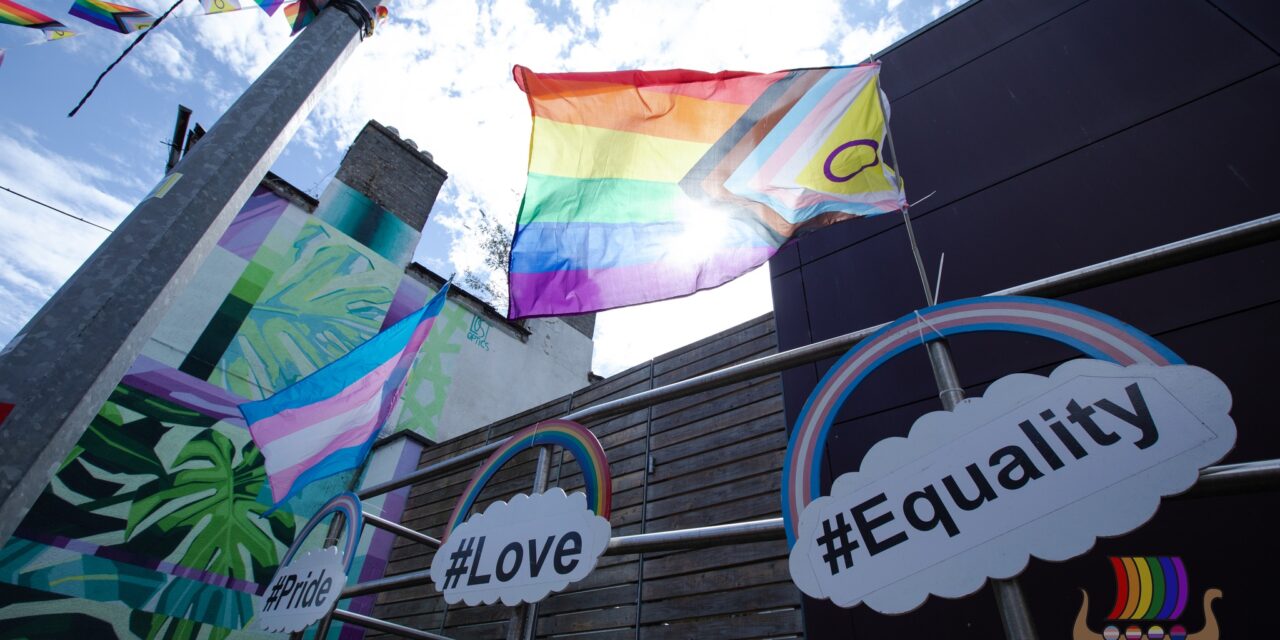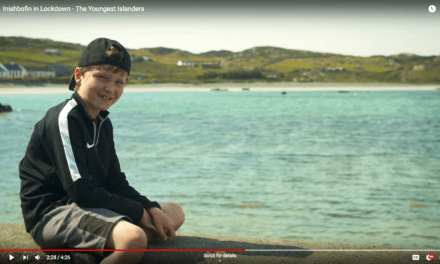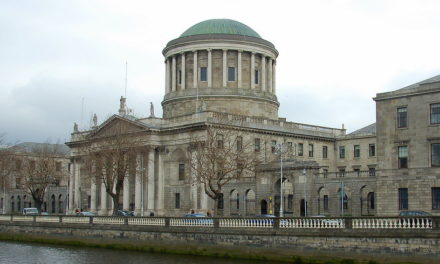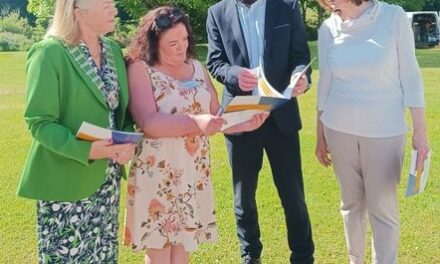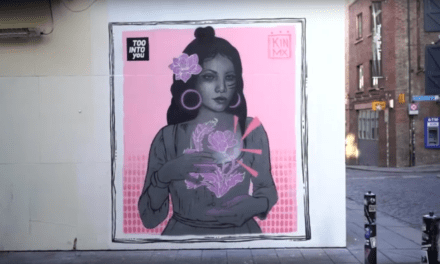Community workers tell how LGBT+ organisations are working to tackle rural isolation and what is needed.
It’s a scenario that most of us probably thought had been left behind in the early 90s. A member of the LGBT community travels by bus to attend an event run by an LGBT organisation. There, they can be open, they can let their barriers down and be their full selves. However, once the event is over, they get back on the bus to travel home to their rural community, and the walls come back up again.
Unfortunately, this is a scene that still plays out every week, all over the country. As a society, we may have clapped ourselves on the back after the passing of the Marriage Equality Referendum in 2015. But, according to members of the LGBT+ community, there is still work to be done.
During a Rural Ideas Forum in 2022, vice-chairperson of Amach LGBT in Galway, Maria Molloy explained: “The milestones of the Marriage Equality Referendum and the Gender Recognition Act show how much we’ve come on in relation to the LGBT+ community. But there is still a way to go, and we see through the work we do that there are members of the LGBT+ community who are in rural settings and have a fear of not being accepted.
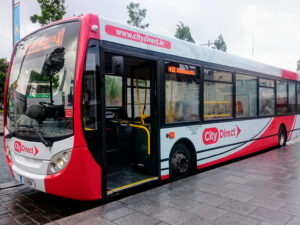
– Lack of transport is a major factor when it comes to rural isolation
“The isolation comes from (the fact) that they can’t be their whole self in the place they live,” she said. “We’ve had a lot of people – when we had Teach Solais, our LGBT resource centre open – that would get on a bus or get on a train for several hours” to come visit the centre.
For many it was their first time.
“We had an 80-year-old farmer come in and say ‘I’m part of this community, and I feel that I belong’. We were there for people and heard their stories, and they felt that they could be their whole self with us, but when they got back on that bus, they went back into the closet, so that’s the aspect that we wish to tackle.”
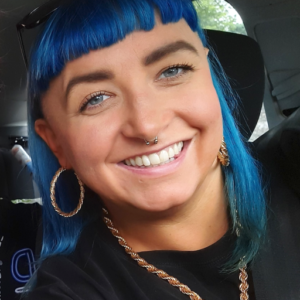
– Debbie O’Rourke, Waterford and South Tipperary Youth Service
Community youth worker with Waterford and South Tipperary Youth Services, Debbie O’Rourke works with 10 to 24-year-olds who attend the Chillout LGBTI+ Youth Project.
She told Changing Ireland that the gaps in transport links were “a huge problem”.
Debbie revealed that young LGBT+ people who find themselves isolated without a space where they can meet others from the community often “withdraw into themselves”.
“The effect is very negative. Anyone who’s withdrawn is not living their full life. It really affects young people’s development in terms of their attachment to education, their life progression. Some young people are afraid to do anything for fear that they might be found out, or that they’ll let it slip, so they just kind of retreat,” she said.
Debbie stressed the importance to LGBT+ young people of “seeing someone who’s like them”.
“Role models are really important to young people, in particular in the LGBT community, because for young people to see adults living their best life – or even just living a normal life – it convinces them that they’re going to be ok.
“So for young people who don’t see someone else, or don’t hear any mention of the LGBT community, that can cause them to retreat in a way that they don’t always come out of. Then that can cause increased mental health difficulties.”
According to Debbie, outreach work with schools in rural areas is vital. Earlier this year, she also worked on a rural outreach project with 18 to 24-year-olds in rural areas of Waterford and South Tipperary.
“I surveyed young people of that age in that area and in community and voluntary organisations in that area. I thought: ‘It’s unrealistic that there’s going to be enough LGBT projects in every area for every rural person to access’. The way I looked at it was, how do we make sure that what does exist is inclusive? Most organisations just had never thought about it before.
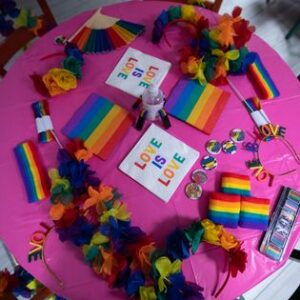
– Pride celebrations at Chillout Waterford
“There are amazing groups out there, it’s about how do we make that a place where if an LGBT person wanted to come and join it, they would be able to share all parts of their lives; they wouldn’t have to hide. You can’t put a price on visibility, a lot of the work I did with these organisations was getting them ready to put up that flag,” she said.
Debbie has called for additional resources to fund community workers. “A building and materials cannot replace what a worker can do. I would specifically call for more investment in youth work and community work, because youth workers and community workers go out and, particularly when it comes to rural isolation, that’s what it’s going to take.”
Cillian Flynn is operations manager with GOSHH (Gender Orientation Sexual Health HIV) in Limerick and he says access to LGBT+ groups are vital for the mental health of people in the community.
“Part of it is that they don’t have to come out in social settings. It’s also so people can see they’re not ‘the only gay in the village’ for want of a better phrase. It’s good to just come in here and be with similar people and that social anxiety is not there,” he said.
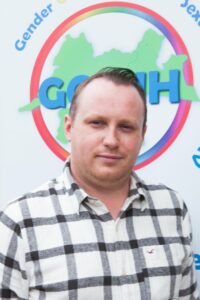
– Cillian Flynn, Operations Manager, GOSHH, Limerick
When asked whether transport or attitudes were the main contributors of rural isolation for people in the LGBT+ community, Cillian says “it’s a bit of everything”.
“For some people, they grew up in the 80s and 90s where being out and gay was illegal. So a lot of people buried it deep down, they got married, had families, so that has led to some of the isolation.
“It has an effect on family relationships because people choose not to visit home as much because of mental health. It’s a massive thing that they can’t be themselves where they grew up, around their loved ones, around the people who in theory should care for them the most.
“There is a small town mentality, but I think some of that is changing. Like the town I grew up in – seeing a little Pride festival happening there. It’s lovely to see that happen.”
However, Cillian believes that many members of the LGBT+ community prefer to move to larger urban areas. “For some people who haven’t come out, they want that segregation, that separation. ‘I can be myself once I go to that city’.”
This is a view echoed by Kate Moynihan, CEO of LINC, a community resource centre for lesbian, bisexual and trans women in Cork. “There is a huge need in rural spaces, but at the same time, people like to go away, they like to go to a city where they’re a bit more anonymous.”
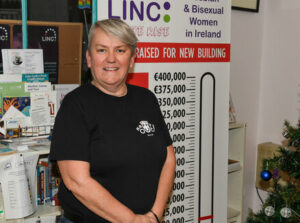
– Kate Moynihan, CEO, LINC in Cork City
“You might not know other LGBT people in your small town or village for that social interaction. We have women from Kerry, Limerick and Waterford who would drive to our groups because they’re not happening in their own places.
“LGBT people are say five to ten per cent of the population; if you’re in a small town. It’s a very small group of people. Everybody’s going to know each other, so you do need to go away often to meet (new) people, or to meet someone you want to have a relationship with.”
“While there have been huge improvements in Ireland, there is still a way to go. There’s still that prejudice, and that’s not just rural, that’s everywhere,” she explained.

